Circulatory Health nieuws
The true age of your blood vessels reveals the risk of further cardiovascular diseases
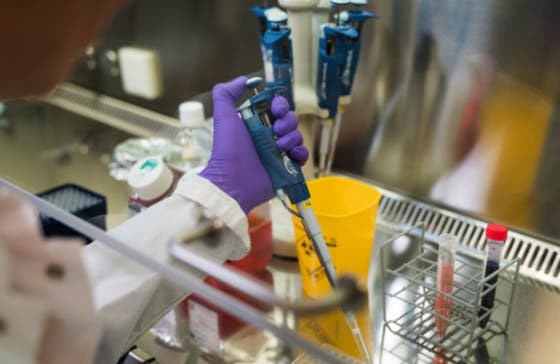
We all have that one friend who never seems to age. But did you know this phenomenon is visible not only on the outside but also deep within our blood vessels? This biological ageing caught the attention of Ernest Diez Benavente, PhD, from the Department of Experimental Cardiology at UMC Utrecht. His new research shows that the biological age of our blood vessels plays a significant role in the development of future cardiovascular diseases.
Read moreEuropean study to integrate palliative care in heart failure

Led by UMC Utrecht, a study on improving palliative care in heart failure has begun. The aim of the study is to integrate a palliative care approach into standard care for patients with heart failure and their loved ones in Europe. By responding faster and better to all the care needs of each individual patient, patients' quality of life will improve. Nine European countries are participating in the study, and the study will run for five years.
Read moreUMC Utrecht to collaborate with Cordys Analytics in development of software for improved early detection of heart disease

UMC Utrecht collaborates with Cordys Analytics to develop AI-powered software to improve the early and more accurate detection of heart disease. The software supports healthcare professionals in making informed decisions and minimizing hospitalizations and complications in patients with untreated heart conditions. To advance the technology, several parties have recently agreed to invest €900.000 in Cordys Analytics.
Read moreUMC Utrecht appoints eight clinical scientists
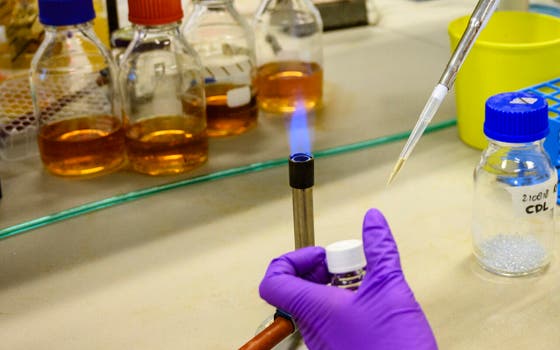
Eight clinical scientists have been appointed at UMC Utrecht. These are in-house healthcare providers with an interest and proven expertise in conducting scientific research. Divisions and strategic themes nominated candidates for this new role. They have been enabled to devote 40 per cent of their time to research for five years.
Read moreHow to repair a damaged heart: key mechanism behind heart regeneration in zebrafish revealed
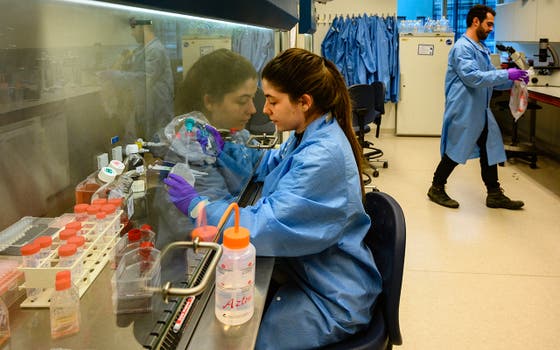
Cardiovascular diseases, such as heart attacks, are a leading cause of death worldwide resulting from a limited self-healing power of the heart. Unlike humans, zebrafish have the remarkable capacity to recover from cardiac damage. Researchers from the group of Jeroen Bakkers (Hubrecht Institute/ UMC Utrecht) have used the zebrafish to shed light on their regenerative success. They discovered a new mechanism that functions as a switch to push the heart muscle cells to mature in the regeneration process. Importantly, this mechanism was evolutionary conserved as it had a very similar effect on mouse and human heart muscle cells. The results of the study, published in Science on May 18th, show that examining the natural heart regeneration process in zebrafish and applying these discoveries to human heart muscle cells could contribute to the development of new therapies against cardiovascular diseases.
Read moreIndividual risk of new thrombosis and pulmonary embolism predictable
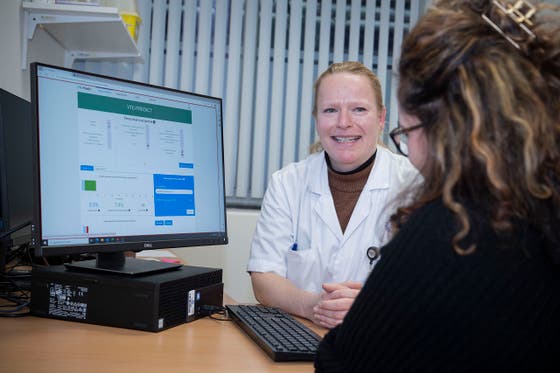
UMC Utrecht has developed an online tool that can predict for each individual the risks of a new thrombosis and severe bleeding. This tool, VTE-PREDICT, uses a patient's age and gender, among other factors, to estimate the risks. Through the tool, the physician calculates the risk of new thrombosis and severe bleeding. This information helps the patient and doctor to make a shared decision about stopping or continuing blood thinners after a thrombosis.
Read moreAtlas for a better view of atherosclerosis

If scientists know more about atherosclerosis, they may in the future develop new treatments for cardiovascular diseases that can occur in people with atherosclerosis. A better view of atherosclerosis is possible by creating an atlas of cell types involved. Researchers from UMC Utrecht and University of Virginia together received a $200,000 grant to make this atlas.
Read more“Make registration of animal research the standard”
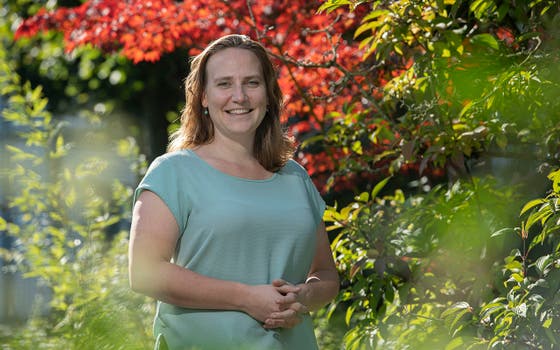
To improve the quality of animal research and prevent unnecessary repetition, it is important that all animal research be registered worldwide.
Read moreGlobal digital health leaders propose framework to enhance research using real-world data
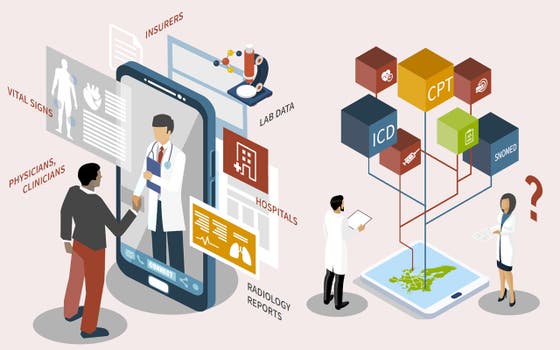
Routinely-collected healthcare data has the potential to improve the lives and wellbeing of patients across the world, through better understanding of disease, and research on existing and new treatments. Presented today at ESC Congress and simultaneously published in The BMJ, Lancet Digital Health and European Heart Journal, an international team propose a framework to improve the integrity and quality of studies using healthcare data, and boost confidence in using the results for clinical decision support.
Read moreBart Steensma receives prestigious Dekker grant
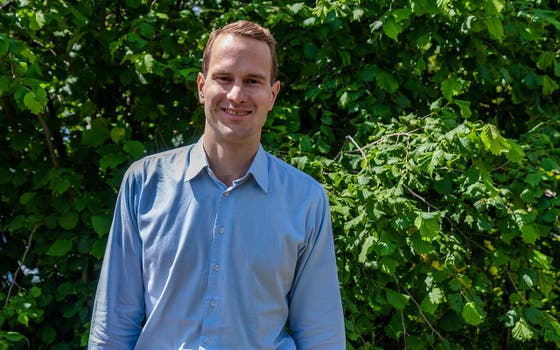
The Heart Foundation has awarded a prestigious Dekker grant to researcher Bart Steensma of UMC Utrecht for research on a radio stethoscope that can be used to measure whether the heart is deteriorating from the outside.
Read more